Filter by
SubjectRequired
LanguageRequired
The language used throughout the course, in both instruction and assessments.
Learning ProductRequired
LevelRequired
DurationRequired
SkillsRequired
SubtitlesRequired
EducatorRequired
Explore the Vital Signs Course Catalog
 Status: Preview
Status: PreviewUniversity of Pennsylvania
Skills you'll gain: Vital Signs, Respiration, Respiratory Care, Pulmonology, Pain Management, Physiology, Health Assessment, Cardiology, Thermal Management, Neurology, Patient Evaluation, Anatomy, Clinical Assessment
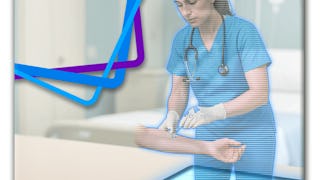 Status: NewStatus: Free Trial
Status: NewStatus: Free TrialSkills you'll gain: Vital Signs, Patient Communication, Patient Evaluation, Health Assessment, Patient Observation, Clinical Assessment, Mental Status Examination, Patient-centered Care, Blood Pressure, Patient Treatment, Triage, Clinical Nursing, Nursing, Patient Safety, Healthcare Industry Knowledge, Respiration, Medical Surgical Nursing
 Status: Preview
Status: PreviewDuke University
Skills you'll gain: Physiology, Respiration, Endocrinology, Anatomy, Pulmonology, Cardiology, Nephrology, Urology, Kinesiology, Vital Signs, Neurology, Biology, Nutrition and Diet
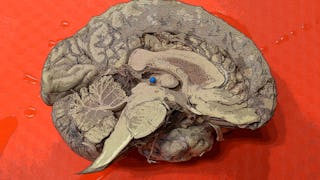 Status: Preview
Status: PreviewThe University of Chicago
Skills you'll gain: Neurology, Physiology, Anatomy, Behavioral Health, Mental and Behavioral Health, Mental Health Diseases and Disorders, Vital Signs, Control Systems, Coordination, Biology, Communication Systems
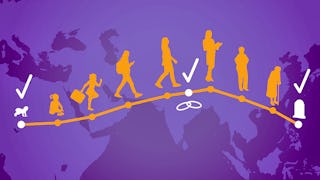 Status: Preview
Status: PreviewJohns Hopkins University
Skills you'll gain: Epidemiology, Public Health, Health Equity, Social Determinants Of Health, Health Policy, Medical Records, Maternal Health, Data Collection, Medical Coding, Record Keeping, Health Information Management, Chronic Diseases, Diversity Equity and Inclusion Initiatives, Data Quality
 Status: Free Trial
Status: Free TrialSkills you'll gain: Talent Acquisition, Training and Development, Compensation and Benefits, Training Programs, Recruitment, Employee Training, Full Cycle Recruitment, Job Analysis, Employee Performance Management, Compensation Management, Performance Appraisal, Job Evaluation, Developing Training Materials, Compensation Strategy, Performance Management, Human Resource Policies, Employee Relations, Occupational Safety And Health, Business Continuity Planning, Risk Management
What brings you to Coursera today?
 Status: Free TrialStatus: AI skills
Status: Free TrialStatus: AI skillsMicrosoft
Skills you'll gain: Microsoft Power Platform, Excel Formulas, Process Flow Diagrams, Business Process Modeling, User Story, Business Requirements, Stakeholder Management, Data Modeling, Microsoft Excel, Software Development Life Cycle, Requirements Analysis, Requirements Elicitation, Quality Management, Pivot Tables And Charts, Microsoft Visio, Power BI, Microsoft Power Automate/Flow, Business Analysis, Scrum (Software Development), Data Analysis
 Status: Free Trial
Status: Free TrialSkills you'll gain: Phlebotomy, Blood Collection, Sterilization, Urinalysis, Patient Communication, Medical Terminology, Patient-centered Care, Nutrition Education, Infection Control, Asepsis, Pathology, Basic Patient Care, Patient Education And Counseling, Vital Signs, Geriatrics, Hand Hygiene, Electocardiography, Anatomy, Pediatrics, Patient Evaluation
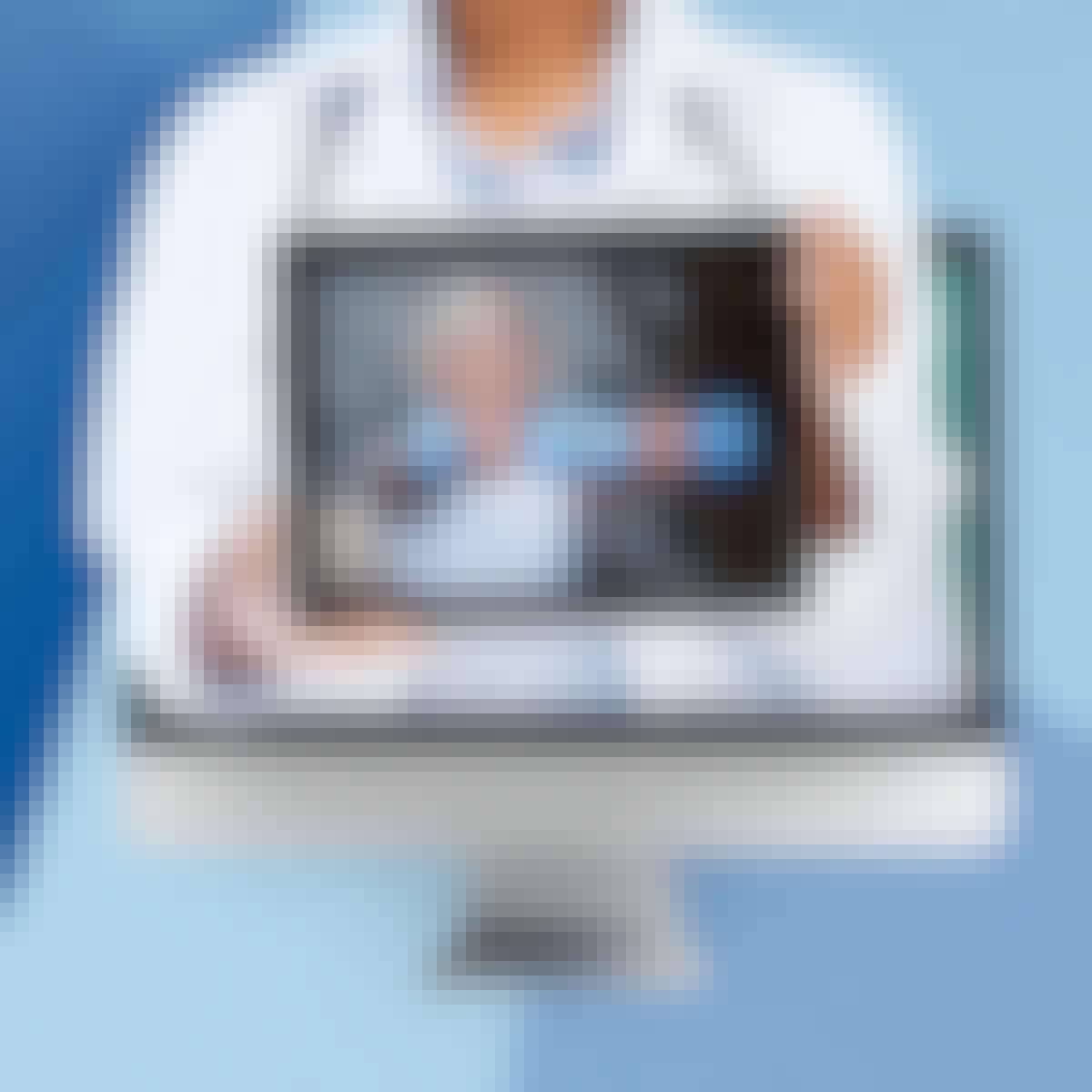 Status: NewStatus: Free Trial
Status: NewStatus: Free TrialDuke University
Skills you'll gain: Telehealth, Neurology, Patient Evaluation, Patient Preparation, Teamwork, Patient Communication, Collaboration, Vital Signs, Patient Education And Counseling, Clinical Assessment, Health Technology, Health Assessment, Clinical Practices, Patient Treatment, Primary Care, Health Care, Health Systems, Telecommunications, Care Management, Communication
 Status: NewStatus: Free Trial
Status: NewStatus: Free TrialDuke University
Skills you'll gain: Telehealth, Patient Preparation, Teamwork, Patient Communication, Collaboration, Vital Signs, Medical Imaging, Patient Evaluation, Clinical Assessment, Health Technology, Health Assessment, Patient Coordination, Clinical Practices, Patient Education And Counseling, Patient-centered Care, Patient Education and Support, Health Care, Telecommunications, Care Management, Communication
 Status: Preview
Status: PreviewUniversity of Leeds
Skills you'll gain: Test Case, Software Testing, Software Quality Assurance, Quality Assurance, User Acceptance Testing (UAT), Test Planning, Verification And Validation, Acceptance Testing, System Testing, Unit Testing, Functional Testing, Usability Testing, Integration Testing, Performance Testing, Software Development Life Cycle, Software Development
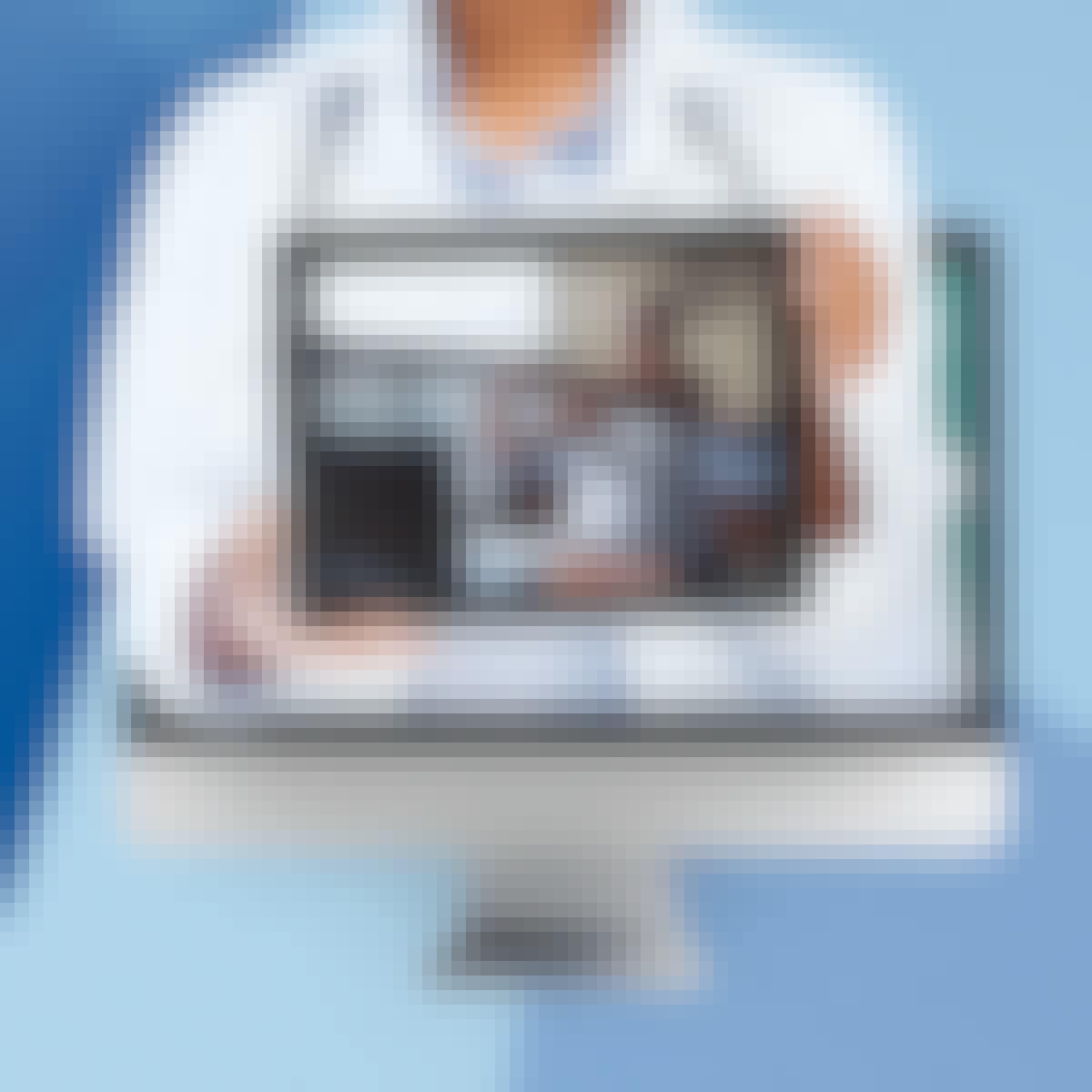 Status: NewStatus: Free Trial
Status: NewStatus: Free TrialDuke University
Skills you'll gain: Telehealth, Patient Preparation, Teamwork, Patient Communication, Collaboration, Vital Signs, Clinical Assessment, Health Technology, Health Assessment, Patient Positioning, Patient Coordination, Clinical Practices, Patient Treatment, Primary Care, Health Care, Health Systems, Patient Evaluation, Telecommunications, Care Management, Communication
Vital Signs learners also search
In summary, here are 10 of our most popular vital signs courses
- Vital Signs: Understanding What the Body Is Telling Us: University of Pennsylvania
- Vital Signs, Vital Skills: Essential Patient Assessments: Immersify
- Introductory Human Physiology: Duke University
- Understanding the Brain: The Neurobiology of Everyday Life: The University of Chicago
- Registro civil y estadísticas para la salud de la población: Johns Hopkins University
- HRCI Human Resource Associate: HRCI
- Microsoft Business Analyst: Microsoft
- Clinical Medical Assistant Fundamentals: MedCerts
- Telehealth: Essentials, Teamwork, and Neurologic Exam: Duke University
- Telehealth: Essentials, Teamwork, and Dermatology: Duke University










